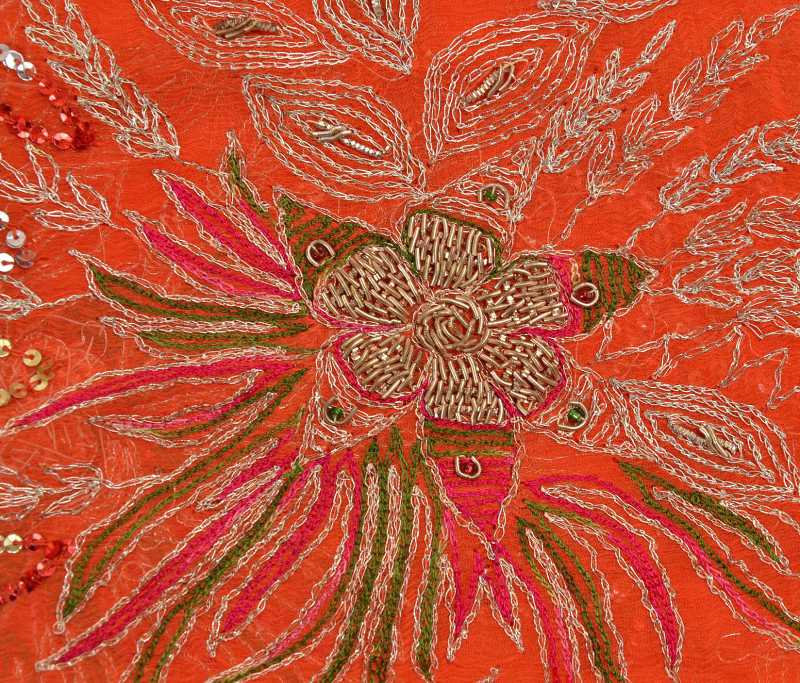===
0885,
5
===

=== |
 |
lat̤āfat : 'Slimness, slenderness, delicateness; fineness, thinness, tenuity, subtility; neatness, elegance, grace, beauty; purity; delicacy, point; deliciousness, exquisiteness'. (Platts p.957)
lut̤f : 'Delicacy; refinement; elegance, grace, beauty; the beauty or best (of a thing); taste; pleasantness; gratification, pleasure, enjoyment; —piquancy, point, wit; —courtesy, kindness, benignity, grace, favour, graciousness, generosity, benevolence, gentleness, amenity'. (Platts p.957)
jān : 'The breath of life, vitality; life, spirit, soul, mind; self; animation, vigour, energy, force, stamina; the best part, the essence (of a thing); that which imparts life, or beauty, &c. (to a thing)'. (Platts p.372)
FWP:
SETS == KYA
MOTIFS
NAMES
TERMS == INSHA'IYAH; THEMEThe 'kya effect' is of course elegantly present in the first line: we can read an affirmative exclamation ('How you will speak...!'), a scornful repudiation ('What! As if you'll speak...!'), or a genuine question ('Will you speak...?').
The shāyad here, as compared to the English 'perhaps', seems to have a more negative flavor: 'perhaps' the same thing can be found elsewhere-- but perhaps not, with strong overtones of 'probably not'. In short, 'don't count on it'. The English 'perhaps' sounds a bit more hopeful: 'perhaps the same thing can be found somewhere else' sounds like a suggestion that it might well be sought for. In English, to get an equally negative flavor we might say 'the thing will hardly be found anywhere else' or 'otherwise the thing can be found only with great difficulty'. So not only does the beloved's delicate, refined body offer a pleasure so subtle that no other body can provide it-- her body offers a pleasure that very possibly not even any spirit can provide.